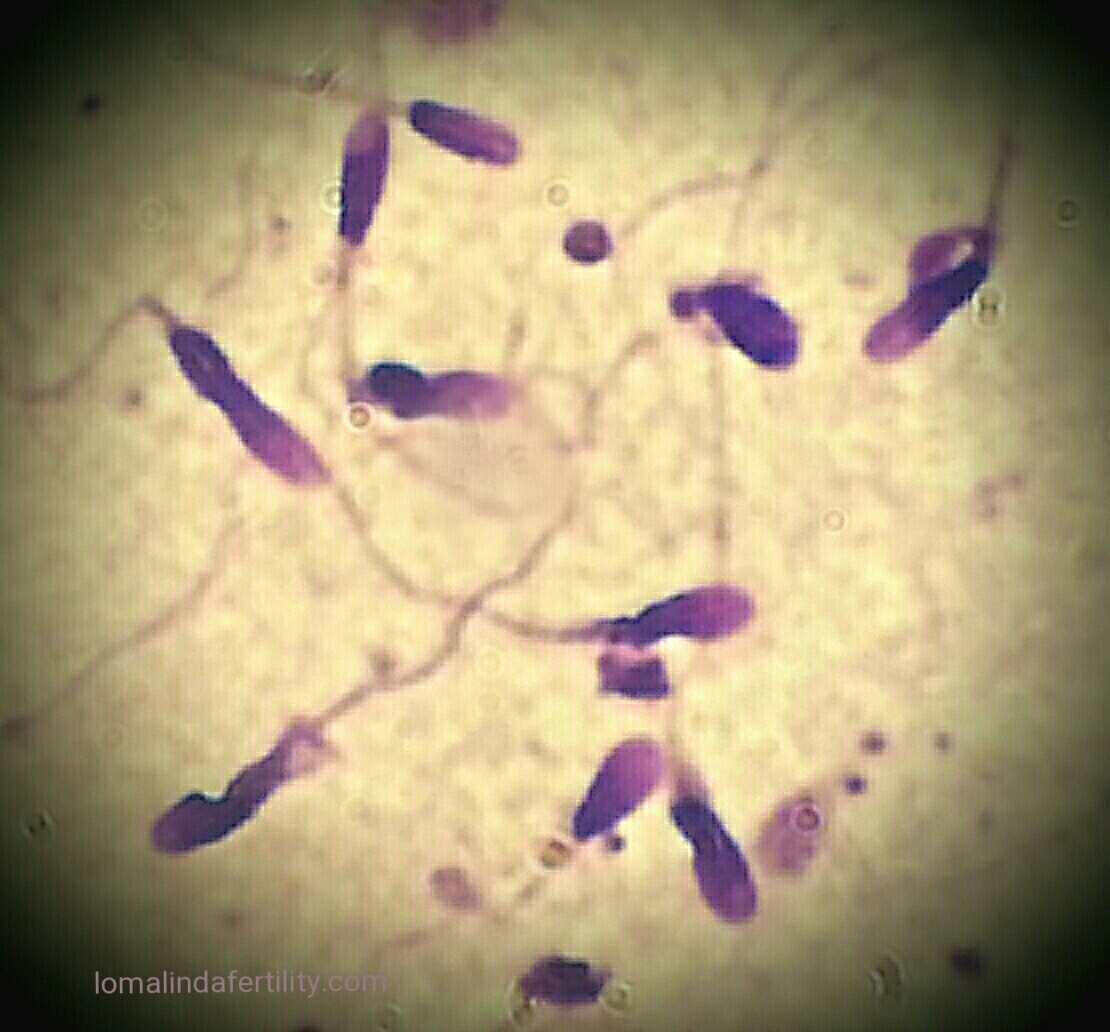Varicoceles & Male Infertility
Varicoceles & male infertility at a glance
- A varicocele occurs when the veins in the scrotum enlarge and it is similar to a varicose vein that can occur in the leg.
- In some cases, a varicocele decreases sperm quality, production and overall male fertility.
- Males with varicoceles often have a higher percentage of tapered-head shaped sperm.
- Varicoceles, which are usually painless, are caused by floppy valves in the veins allowing for backward flow of blood back into the scrotum. Some men with varicoceles will have intermittent aching of their testicles especially with strenuous activity or being upright for an extended period of time.
- Surgery is the primary method of treatment and helps about 60 percent of men with a fertility-inhibiting varicocele.
- A sperm analysis follows varicocele repair surgery to evaluate the quality of newly generated sperm.
What is a varicocele?
 A varicocele occurs when a vein within the scrotum (the sac that holds the testicles) enlarges. This common condition is very similar to getting a varicose vein in the leg. A varicocele can result in male infertility because it can increase the temperature around the testicle by one to two degrees and can potentially decrease sperm quality and production.
A varicocele occurs when a vein within the scrotum (the sac that holds the testicles) enlarges. This common condition is very similar to getting a varicose vein in the leg. A varicocele can result in male infertility because it can increase the temperature around the testicle by one to two degrees and can potentially decrease sperm quality and production.
More than three million varicocele cases are diagnosed each year in the United States. Around 20 percent of males have varicoceles. According to the American Urological Association (AUA), about 40 percent of men who experience infertility issues while trying to father a first child have a varicocele.
Varicoceles can form early in puberty, and are more common on the left side of the scrotum instead of the right because the angle of the left testicle vein as it enters the left renal vein is more susceptible to swelling. Typically, varicoceles are painless and cause no health issues. The enlarged veins can grow with time and this can affect fertility later on in life for some men.
Symptoms and causes of varicoceles
Varicoceles are caused when blood flows backwards or builds up in the veins instead of moving through. This can cause swelling in the scrotum. Most varicoceles occur spontaneously due to incompetent valves in the veins.
Most men with varicoceles generally have no symptoms. Some men do have a sensation of fullness or an ache in the scrotum. Some may have a visual enlargement of the vein.
A physician diagnoses a varicocele during a physical exam. A scrotal ultrasound might be ordered, which takes a picture inside the scrotum with sound waves.
Treatment of varicoceles
Varicocele repair surgery can be performed traditionally (open), laparoscopically or with interventional radiology embolization. Open surgery involves a one-inch incision in the scrotum to repair the vein. During a laparoscopic surgery to treat a varicocele, the surgeon makes a small incision and places a thin tube with a camera through the scrotum, providing a video view of the area.
Incision sizes are now smaller in traditional surgery, so the results and recovery time from traditional and laparoscopic surgery are about the same. Men are usually fully recovered after about two weeks following either type of surgery.
Interventional radiology embolization can also be utilized to block off the testicular vein through a small needle inserted into the veins of the groin. This will prevent blood from flowing backward to the testicle. Men are usually fully recovered in less than a week after this procedure.
A semen analysis will be performed three to four months following varicocele surgery because new sperm requires that amount of time to regenerate. In some cases, male infertility improves after surgery but other times it does not. According to the AUA, semen quality improves in about 6 out of 10 cases of men experiencing infertility. New methods of surgery that use microscopes during the vein repair have resulted in an increase in sperm count.
As with any surgery, risks of varicocele repair surgery include infection, reaction to anesthesia, blood loss, pain and damage to tissue or organs. Varicocele repair surgery also reduces the chance of sperm DNA fragmentation (damaged DNA) that can also contribute to male infertility.
Contact LLU Center for Fertility about sperm analysis and treating varicoceles
